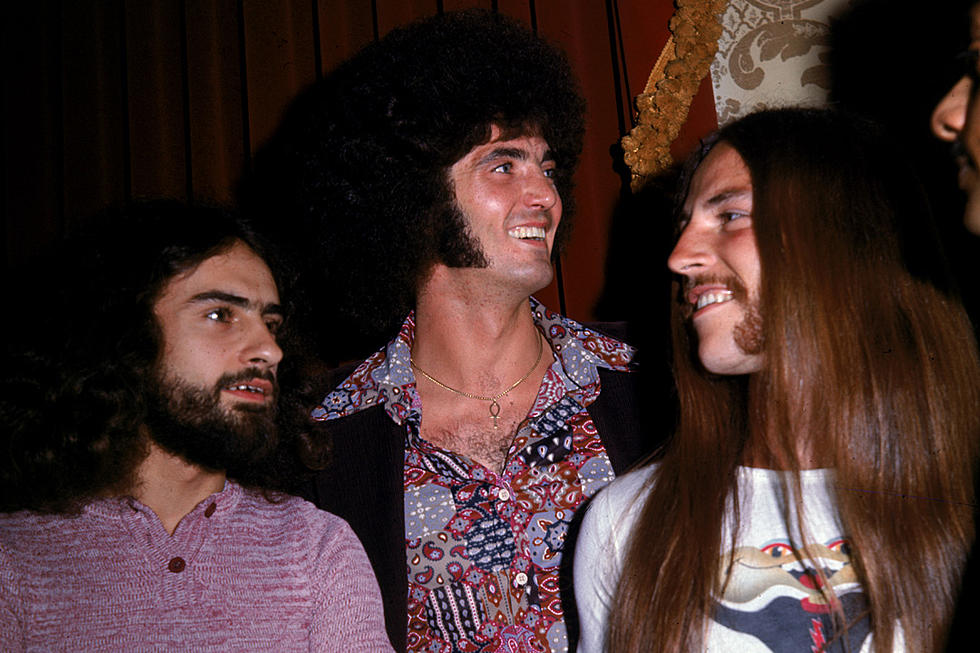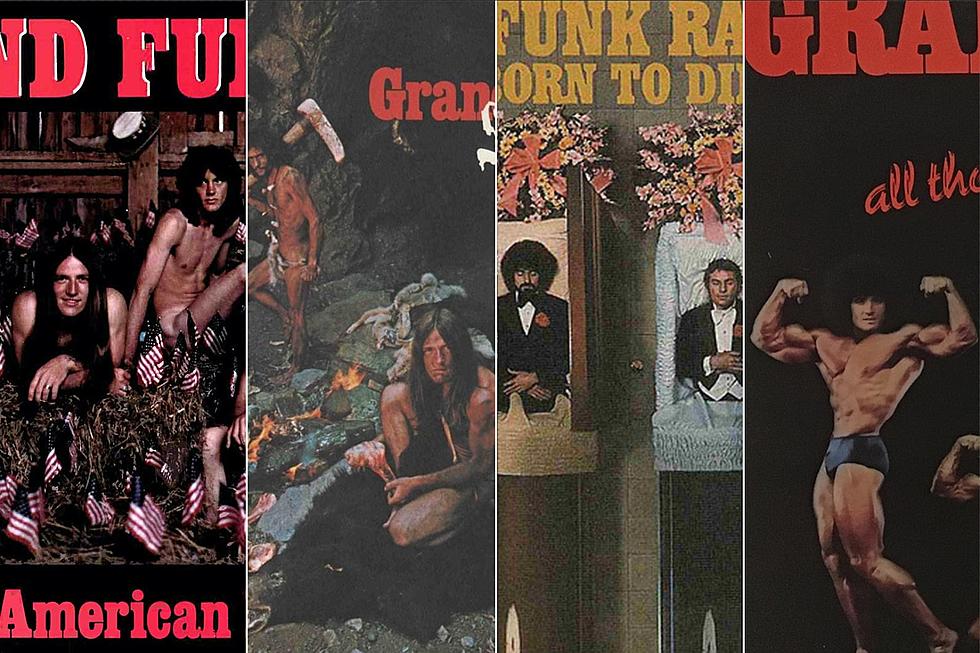
Why Grand Funk Railroad’s Equipment Was Once Seized After a Show
Grand Funk Railroad's unprecedented December 1972 legal battle with their former manager Terry Knight would scar the band financially for years to come.
They were one of the hottest acts in the country at the time. Grand Funk Railroad's rise from modest, Michigan-based garage band to bestselling, stadium-filling giants came quickly. After serving as backing group to Knight in his band the Pack, Knight left the spotlight for a behind-the-scenes role as manager.
At first, all parties benefited from the move. Knight was able to snag the band a record deal and big concert dates, and eventually push them into the mainstream.
But there was a problem: The band wasn't signed to Capitol Records but to Knight himself, who served as the go-between artist and label. It wasn't really an issue at first, but by the time Grand Funk started to make some money, they noticed that things were looking a bit suspicious.
"We knew that a lot of money was being generated by Grand Funk Railroad," singer and guitarist Mark Farner said in an episode of Behind the Music. "But we knew that by our bank account, we were seeing very little of it." Farner and drummer Don Brewer confronted Knight about the situation, and learned that most of their money was being put into a corporate fund and invested into a variety of non-music ventures.
On top of that, their deal with Knight gave the manager a higher than usual percentage, leaving the band members to split the leftovers among them. In the spring of 1972, Grand Funk fired Knight, who in turn sued them for $57 million. "They were in breach of contract, there was no question about it," Knight claimed on Behind the Music. "Ironically, if they'd have waited three months, they would have been out of the contract."
The band was scheduled to play Madison Square Garden on Dec. 23, 1972. Knight arrived at the venue, with court order in hand, to seize its equipment. He and his crew hauled away the gear after Grand Funk's performance. "I was owed a lot of money, and those instruments were worth a lot of money," Knight said. "It also served to give them a lesson that they weren't fooling with a fool."
Eventually, an out-of-court settlement was reached. Grand Funk Railroad got to keep their name, but Knight got almost everything else – including the publishing rights to all of their songs up to that point.
Top 100 Classic Rock Artists
More From KYBB-FM / B102.7





![Grand Funk Railroad & War at Grand Falls Casino [PHOTOS]](http://townsquare.media/site/486/files/2013/08/Grand-Funk-Railroad-6.jpg?w=980&q=75)




